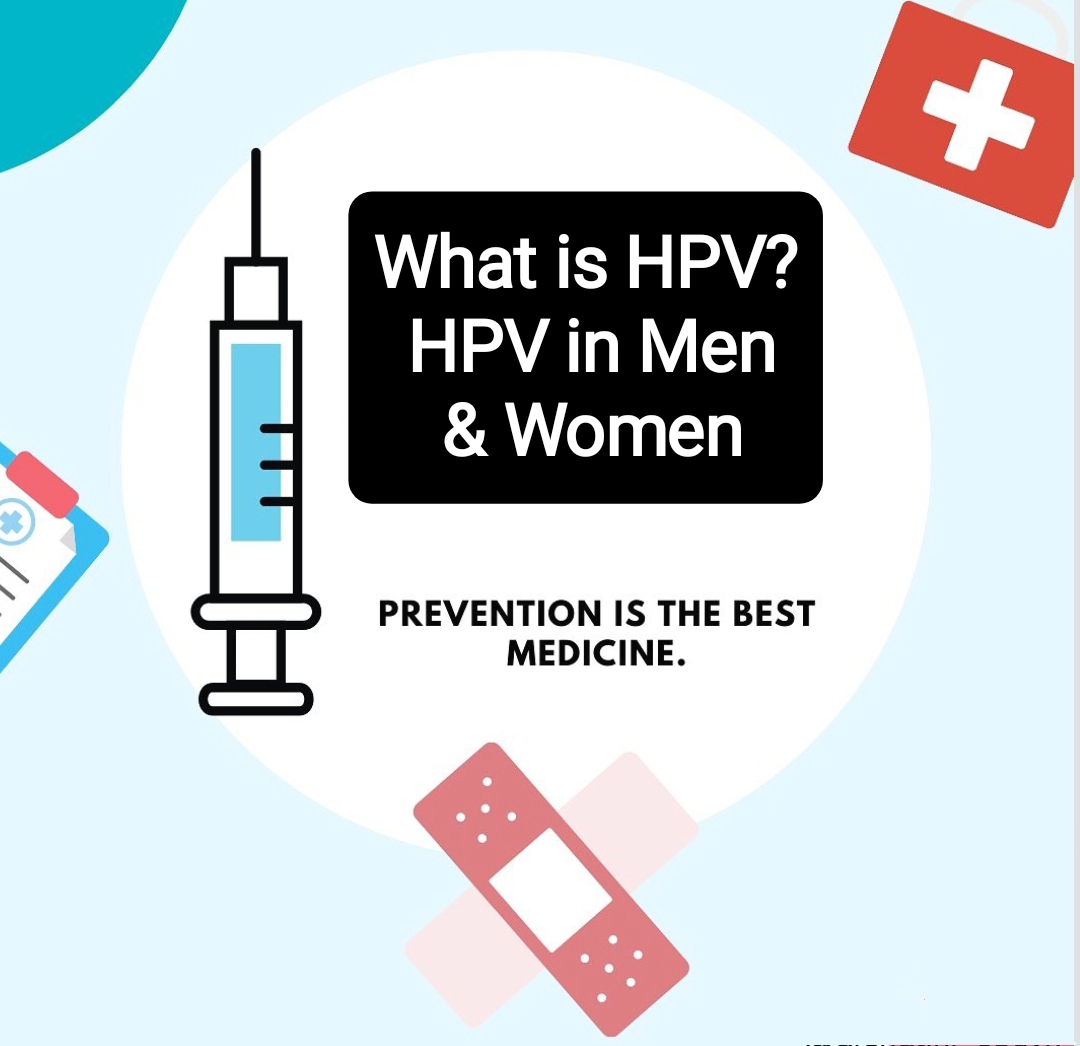Table of Contents
Pink Eraser Breast Cancer Overview
Pink Eraser breast cancer vaccination has sparked as much interest as few medical discoveries. This novel vaccine targets one of the most prevalent and challenging forms of breast cancer, which represents a significant advancement in the fight against the illness.The science of the Pink Eraser vaccination, its possible side effects, and its future prospects are all examined in this article.
What is the Pink Eraser Breast Cancer Vaccine ?
An unprecedented method of treating and preventing breast cancer is the Pink Eraser vaccination.Unlike traditional vaccines that target infection this vaccine aims to strengthen the immune system’s ability to identify and fight cancer cells. The vaccine’s name Pink Eraser reflects the aim to erase breast cancer before it appears or recurs.
How does the Pink Eraser vaccine work ?
The Pink Eraser vaccine uses cutting edge immunotherapy techniques on a new platform. This is an explanation of how it works :
1. Targeting cancer cells
Certain antigens on the surface of breast cancer cells are the target of the vaccine which is designed to do so.The vaccine helps the body identify and eliminate cells with these marks by exposing the immune system to specific antigens.
2. Immune system activation
Following vaccination, the vaccine stimulates the body’s defenses against particular cancer cells. This entails triggering T cells and other immune system agents, which are critical for locating and destroying cancerous cells.
3. Preventive and therapeutic use
The Pink Eraser vaccine is meant to be administered as a preventative measure to high-risk individuals and as a therapeutic intervention to those who are already afflicted with breast cancer.This dual approach enhances its potential utility in different stages of cancer care.
Clinical trials and research
Extensive research and clinical studies have been conducted in support of the development of the Pink Eraser vaccine.Preliminary research has produced encouraging findings such as
Safety and tolerability
Early stage studies have demonstrated that individuals tolerate vaccination well and experience few adverse effects. According to data people have a robust immune response, producing more T cells and antibodies against antigens linked to breast cancer.
Efficacy:
Studies are ongoing to find out whether the vaccination can prevent breast cancer in high-risk persons and improve treatment outcomes for those who have it.
Potential impact on breast cancer
The Pink Eraser vaccine release could change breast cancer treatment in several ways including:
Enhanced prevention: Vaccination could provide a proactive way to significantly reduce the risk of breast cancer in people who have a genetic susceptibility to the disease such as those who have BRCA1 or BRCA2 mutations.
Better alternatives for treatment: Vaccinations can be included to existing treatments for those who have already been diagnosed with this cancer, improving overall results and possibly reducing recurrence rates
Lowering healthcare costs: By preventing or early cancer detection vaccinations can help lower long term healthcare costs associated with advanced cancer therapies.
Future prospects and challenges
While the Pink Eraser immunization represents a major advancement, other problems remain to be addressed:
Continued research of Pink Eraser Breast Cancer Vaccine:
Additional investigations and clinical trials are required to completely comprehend the vaccine’s long-term safety and effectiveness..
Access:
To maximize the impact of the vaccine it is imperative to ensure that large populations including underserved areas, can receive it.
Cost and production:
To achieve widespread adoption of the vaccine it is important to address the cost of production and ensure that patients can continue to pay for it.
Summary
One of the most prevalent diseases affecting women around the world is being combated with optimism thanks to the Pink Eraser breast cancer vaccination. It has the potential to completely change the way breast cancer is treated thanks to the new approaches for both prevention and treatment. It may be possible to eliminate or substantially reduce breast cancer in the future as research on the disease continues and vaccinations become more accessible.
To stay up to date with the most recent advances in cancer research and vaccinations individuals can make valuable contributions to this innovative field by participating in clinical trials and subscribing to updates from reliable medical sources.
For fitness click here

Ankush Kumar is a professional content writer and the founder of Healthnick.com. He is a health and wellness enthusiast with a deep interest in nutrition, fitness and holistic living. Harish is committed to delivering research-based insights on various health topics. He enjoys exploring new trends in health, experimenting with nutritious recipes, and staying active.






